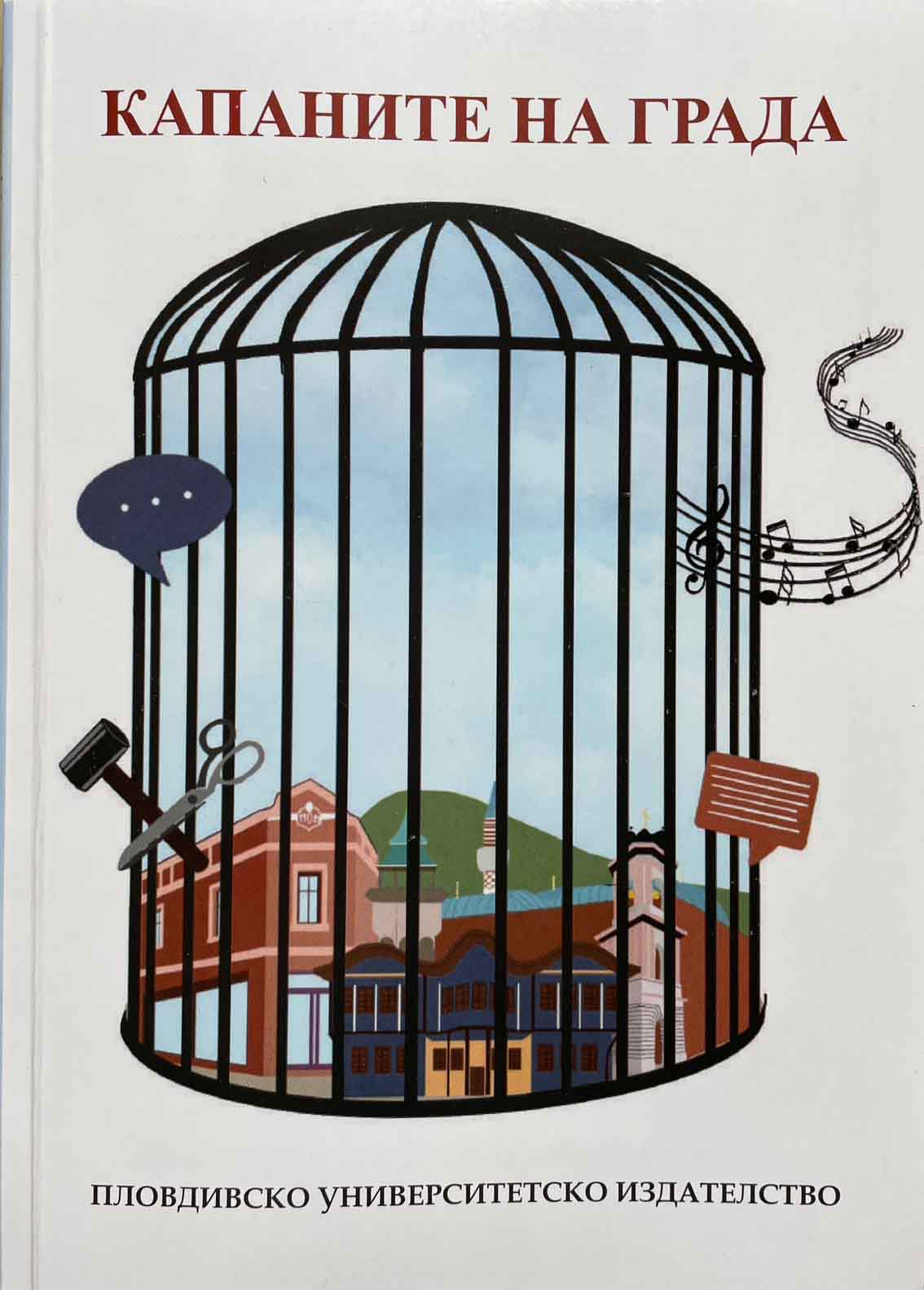Няколко бележки за пловдивските църкви в Османския период
A Few Notes on the Churches of Plovdiv in the Ottoman Period
Author(s): Dimo Cheshmedzhiev
Subject(s): Anthropology, Social Sciences, Sociology, Cultural Anthropology / Ethnology
Published by: Пловдивски университет »Паисий Хилендарски«
Keywords: church; St. Petka; Dzhumaya mosque; apostle Paul; legends
Summary/Abstract: The issue of Plovdiv churches during the Ottoman period is very interesting and a debatable one in historiography. The article draws attention to the identification of the church “St. Paraskeva/Petka”, around which there are the most problems. In order to identify this very important church in Plovdiv during the Ottoman period, the reports of various European travelers who passed through Plovdiv (in ottoman “Filibe”) are mainly used. These are the only sources, inasmuch as domestic sources, both Bulgarian and Greek, are missing. Some revival legends are also being investigated, according to which the location of the church “St. Paraskeva/Petka” is under the Dzhumaya mosque in Plovdiv. The issue of the presence of a church building under the Dzhumaya mosque (XV century) is considered. The improvisations on the topic of “turning a mosque into a church” and building mosques according to the plan of a church (sic!) are categorically refuted, as well as the ideas of embedding Christ's monograms (chrisms) on the walls of the mosque. Information obtained during the last major renovation of the mosque, when archaeological research was also carried out, is used. Opinions are expressed that the legends about the conversion of the eventual church “St. Paraskeva/Petka” in a mosque arise based on the name of Dzhumaya mosque – “Friday” mosque.
Book: Капаните на града
- Page Range: 93-115
- Page Count: 23
- Publication Year: 2022
- Language: Bulgarian
- Content File-PDF

